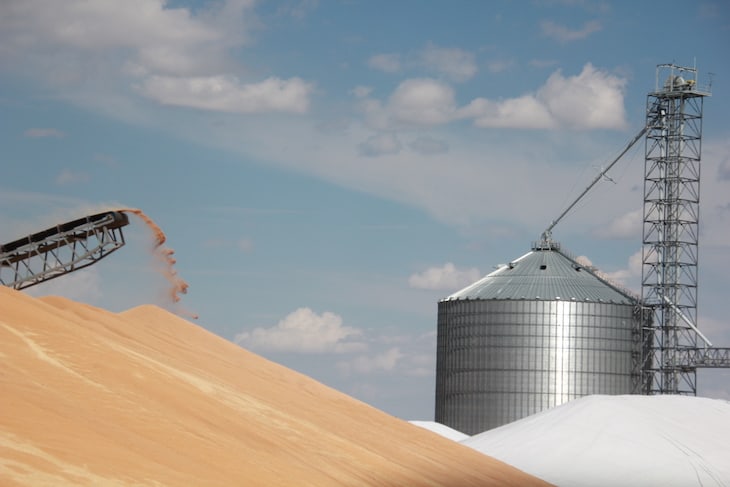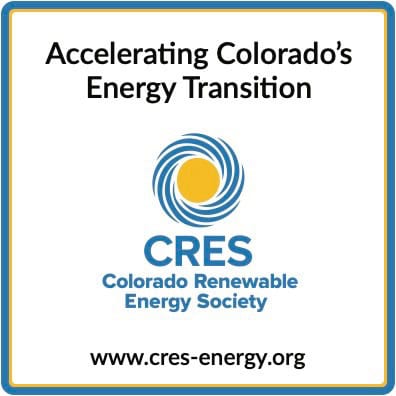Study commissioned by legislators uses newer techniques than were available in 2002.
This is the final component of the four-part series about groundwater basins in Colorado. The story was commissioned by Water Education Colorado and appears in a variant form in the summer 2025 issue of Headwaters magazine. Photos by Allen Best unless otherwise noted.
by Allen Best
No interstate compacts complicate extraction of water from the Ogallala and other aquifers in far southeastern Colorado around the towns of Springfield and Walsh. Some wells have run dry, while others continue to produce tolerably well. How exactly is the groundwater holding up in Baca County and a small adjoining area of Prowers County?
The Division of Water Resources, using a $250,000 appropriation from state legislators in 2023, has contracted with Wilson Water Group to provide scenario analyses for future groundwater use and provide community facilitation to identify and establish groundwater resource goals for residents of the basin. The company’s report is due in 2026.
The state’s last study of aquifers in that corner of Colorado was completed in 2002. McLaughlin Water Engineers estimated the various formations altogether held 22 million acre-feet of recoverable water.
This study will employ new technology to gain an improved understanding of what lies underground in the Southern High Plains Aquifer and how the various formations are connected. Tracy Kosloff, the deputy director of the Colorado Division of Water Resources, reports a complex geology that is only partly understood. That complex hydrogeology explains why some pumps can be sputtering, delivering miniscule amounts of water, while other pumps nearby can still deliver robust quantities. The study will clarify this complexity and provide greater insights into the deeper formations that were not well understood in 2002.
Wilson Water Group is also to present this new information to groundwater users and help facilitate discussions about how best to manage the resources. Baca County residents have had disagreements in the past about the best path forward, with some wanting an end to any new permits and others believing that no moratorium is necessary.
You can also download the entire story here in a magazine format.
- Another (near) Lake Wobegone year - November 15, 2025
- Bryan Hannegan & the bigger leagues - November 15, 2025
- After a misstep about nuclear, DIA now looking at all energy options - November 13, 2025






